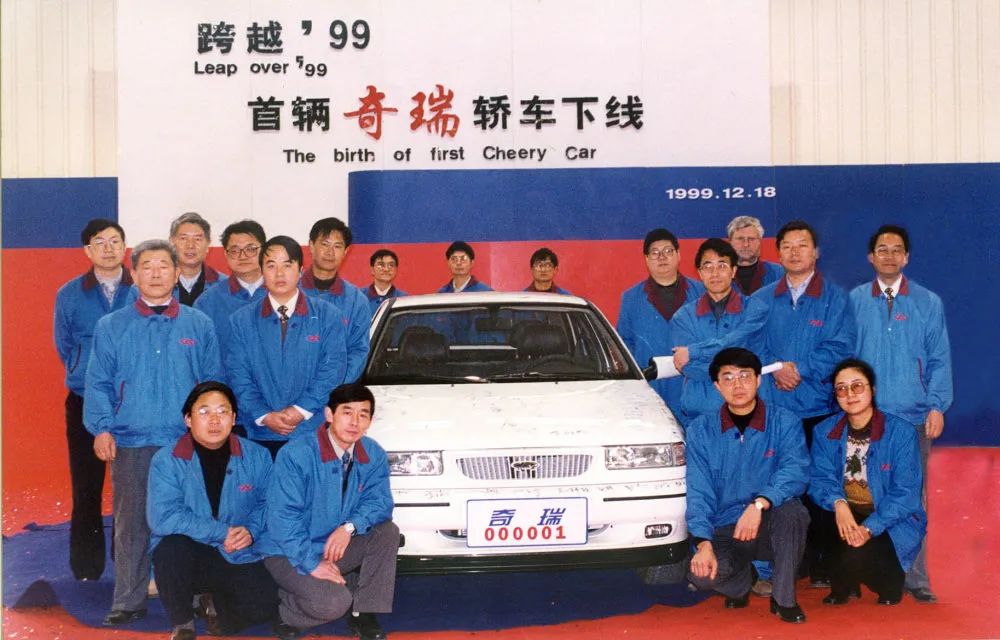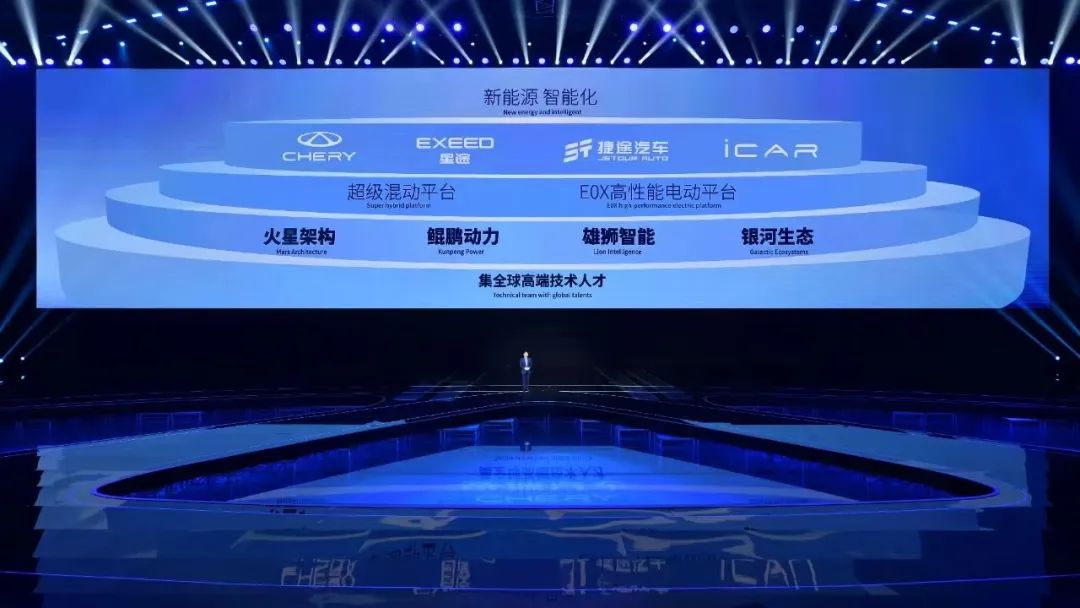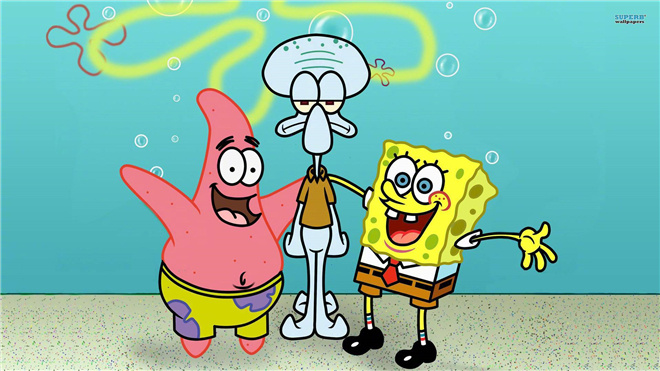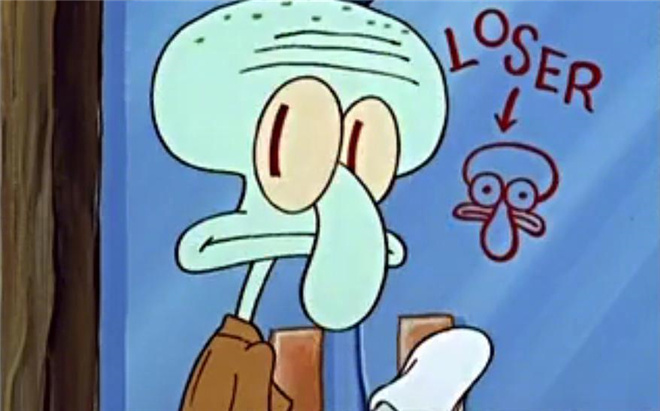[Circumferential depth] The working environment is bad and there is no legal protection! American prison workers become modern slaves.
[Global Times Comprehensive Report] When Americans are outraged by what they see as "forced labor" in other countries, they turn a blind eye to the "forced labor" in their own country. According to the research report "Exploitation of Imprisoned Laborers" released by ACLU and GHRC of the University of Chicago Law School on June 15th, 2022, there are more than 1.2 million people imprisoned in state and federal prisons in the United States, two thirds of whom are engaged in labor. The work of nearly 800,000 prison workers looks the same as that of ordinary people outside the prison, but there are actually two key differences: First, prison workers are under the complete control of their employers; Secondly, they cannot get rid of the situation of exploitation and abuse. As a result, American prison workers have become modern slaves.
Prison workers are not protected by law.
From the moment they entered the prison, prison workers lost the right to refuse to work. This is because although the 13th Amendment to the Constitution of the United States explicitly protects citizens from slavery and involuntary servitude, people imprisoned for criminal conviction are not protected. Therefore, during the prevalence of the Jim Crow Act, which aimed at apartheid, racists abused the criminal conviction of blacks by taking advantage of the legal loopholes in the second half of the thirteenth amendment, and put them in prison and continued to be enslaved. Its influence continues to this day. Today, the right to work of prisoners is still not protected by American law. The fair labor standards act of the United States provides minimum wage and overtime protection for private sector and government employees, but this law does not apply to prisoners. In 1993, the U.S. Court of Appeals for the District of Columbia Circuit ruled that Congress, not the court, should decide whether the law is applicable to prisoners. The U.S. court also ruled that the National Labor Relations Act, which aims to protect the collective bargaining rights of employees in the private sector, does not apply to prisoners, so prison workers cannot form trade unions and are not guaranteed safety in the workplace.
The ILO Convention on Forced or Compulsory Labour in 1930 and the Convention on the Abolition of Forced Labour in 1957 have been ratified by more than 180 countries respectively, which have become an indispensable part of the world’s basic human rights. However, the United States has only ratified the latter, while the United States government believes that the Convention will restrict the use of prison labor by the private sector and has not yet ratified it.
The salary is pitifully low.
Prison workers receive little or no wages. In 2021, the average hourly salary of prison workers in the United States was only 13-52 cents, and the salary has not been raised for several years or even decades. In seven states, including Alabama, Arkansas, Florida, Mississippi, South Carolina and Texas, most of the work of prison workers is totally unpaid. Even for this pitiful salary, the government will deduct 80% of it for prison "accommodation", court fees, compensation and other expenses, such as building and maintaining prisons. In addition, prisons charge prisoners high fees for basic necessities, such as calling relatives, sanitary products and medical care, which further reduces the disposable income of prison workers. Nearly 70% of the respondents said that they could not afford the basic necessities with prison wages.
Because the wages of prison workers are so low, their families must not only bear the loss of income due to the loss of labor, but also support their imprisoned relatives financially. In 2019, the families of prison workers spent a total of $2.9 billion on their prison accounts and telephone communications, and more than half of them were forced to borrow money to pay for these expenses.
At the same time, the reform-through-labour personnel have created a lot of wealth for the prison and the government, and the state government is the main beneficiary. Throughout the United States, prison workers produce more than $2 billion worth of goods and more than $9 billion worth of maintenance services every year.
More than 80% prison workers are engaged in prison maintenance, which offsets the cost of the bloated prison system. Many prison workers are assigned to sweep the floor, mop the floor, or maintain the site, grow vegetables, cook, wash clothes and other jobs to maintain the normal operation of the prison.
Another 8% workers are assigned to public works projects, including maintaining cemeteries, school grounds and parks; Building roads and houses; Cleaning; Clean up garbage and dangerous goods; Undertake forestry work, etc. At least 30 states explicitly count prison workers as labor resources and include them in their action plans to deal with disasters and emergencies. In 14 states, prisoner firefighters still need to fight fires. In Georgia, prisoner firefighters handle more than 3,000 fires and traffic accidents every year on average, but their wages are zero. Prison workers with special talents may suffer more serious exploitation. For example, people who can sell paintings for 400-600 dollars in the market can only obey the arrangement of correctional officers and make "artistic creation" for free in prison.
State-owned enterprises in the United States employ 6.5% prison workers and produce more than $2 billion in goods and services every year. Less than 1% of workers are assigned to private companies, which usually offer higher wages, but the wages of workers will also be deducted.
The wages used by prisons to pay prison workers are less than 1% of the budget, while more than two-thirds of the budget is used to pay the salaries of prison managers. Some government officials even expressed their opposition to reducing the prison and prison population, because it would reduce the prison labor force. The more prisoners there are, the more prison workers there will be, which means that the government departments will earn more. Although the number of prisoners in the United States has steadily decreased since 2008, its population still ranks first in the world. When prison workers are used as cheap labor, American judicial policy will be kidnapped by selfish desires.
Bad working environment
In the United States, ordinary workers can get workplace safety and labor protection, but the law does not protect prison workers. They sometimes work in very dangerous environments, such as slaughterhouses and fire brigades. Some people have to endure high temperature and no ventilation for a long time and work hard, and some even come into contact with toxic dangerous goods. If not in prison, these violations of labor protection will be strictly monitored by health and safety regulations and inspectors.
Research shows that 70% of prison workers say they have not received formal job training, and many people are worried about their job safety. Without safety conditions or standard protective equipment, some prison workers who have no relevant experience and training are required to engage in dangerous work, resulting in preventable injuries and deaths. A report from California said that between 2012 and 2016, more than 600 people were injured. Due to insufficient data collected, this figure probably underestimates the real impact of prison work on the health and safety of reform-through-labour personnel.
The COVID-19 epidemic has increased the work risk of prison workers.
Prison workers are extremely humble and vulnerable groups. During the epidemic in Covid-19, the living conditions of prison workers were even worse. Most people in the United States avoid going out for epidemic prevention, but prison workers have to be exposed to the epidemic, and many people are forced to continue working. If they refuse, they will be threatened with solitary confinement or delayed holidays.
Almost every state in the United States has reports about prison workers participating in the response to the epidemic. In Michigan, Missouri, new york, Oregon and Texas, prison workers are at the highest risk of contacting Covid-19. They are forced to clean sheets and clothes, transport bodies, make coffins and dig graves for hospitals that treat COVID-19 cases. Because of Covid-19’s rampage in prisons, prison workers in at least 40 states were required to produce masks, hand sanitizers and other personal protective equipment during the early epidemic, but they could not get these protective equipment themselves. Due to security concerns, Florida Prison suspended prisoners from meeting their families, but continued to force them to build roads, drain sewers and move for government agencies.
According to the statistics of "Coronavirus Prison Project" in the United States, as of August 26th, 2022, the number of prisoners infected with Covid-19 exceeded 614,000, due to overcrowding, lack of access to masks, vaccines and protective equipment, and lack of treatment opportunities. However, even if the epidemic seriously threatens life safety, there are still 16 States that do not provide vaccines for prisoners as early as possible. Due to the bad working environment caused by the epidemic, a large number of prison managers seek to leave their jobs, and prisons have become more dangerous. In Georgia, some prisons have 70% vacancies. At the Senate hearing, US Attorney General merrick Garland said: "I agree that this is a serious problem for the Federal Prison Administration."
The prospects of prison workers are bleak after their release.
According to a survey conducted by the Bureau of Justice and Statistics of the United States in 2021, most prison workers (70%) believe that the most important purpose of their work is to acquire vocational skills that can be put to use after release, but the prison labor program fails to provide the prisoners with the necessary skills. In fact, the vast majority of work projects in prisons involve trivial or repetitive work. Across the United States, industrial jobs and vocational training programs in prisons are decreasing, while the proportion of maintenance and repair work in prisons is increasing. As a result, prisoners are almost penniless when they are released, and they face obstacles to employment, including discrimination and state occupational license restrictions, which prevent them from working in areas where they have been trained in prison. Marianne Rosenblat, a professor at the University of Chicago and a researcher at the Global Human Rights Clinic, pointed out that the American prison system claims to reform the prisoners, but the prison labor program is just the opposite. In the face of forced labor and exploitation in American prisons, don’t American politicians who claim to be "staunch defenders of human rights" need to reflect deeply? (The author is Zhou Qi, a researcher at the American Institute of China Academy of Social Sciences, and Yang Weichao, a doctoral student at China Academy of Social Sciences)


















































